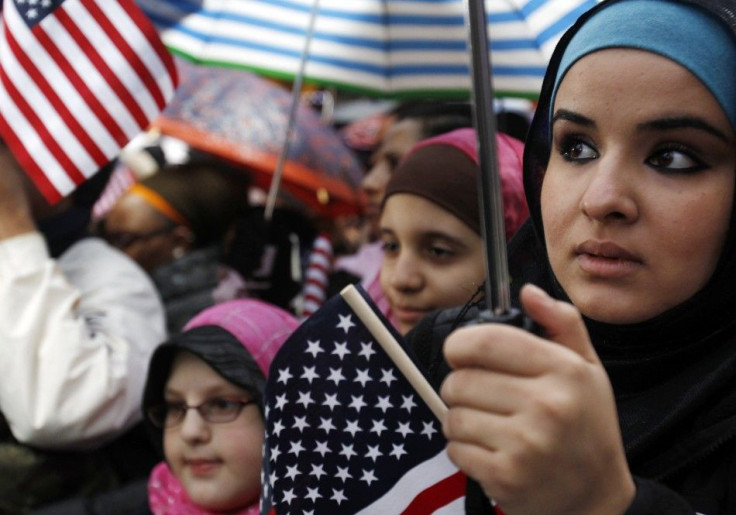Poll: Being Muslim in the U.S. is Still Difficult

Muslims in the U.S. report facing more suspicion now than they did in 2007.
A new Pew Research Center poll released Tuesday questioned U.S. Muslims about various issues, including religion and identity.
Fifty-five percent of U.S. Muslims said that being a Muslim in this country since 9/11 is more difficult. In 2007, the answer was 53 percent.
Twenty-eight percent of U.S. Muslims reported that people have acted suspicious of them in the past year, compared to 26 percent in 2007. Twenty-two percent have been called offensive names over the past year, compared to 15 percent in 2007. Twenty-one percent reported being singled out by airport security in the past year, compared to 18 percent in 2007.
When asked whether suicide bombing and other forms of violence were ever justified to defend Islam from its enemies, 81 percent of U.S. Muslims said it was never justified, compared to 78 percent in 2007. The same amount of U.S. Muslims in 2011 and 2007 think that suicide bombing is often justified (one percent), sometimes justified (seven percent) and rarely justified (five percent).
Sixty percent of U.S. Muslims reported being very concerned about a possible rise in Islamic extremism in this country.
This poll, along with previous polls conducted by Pew that questioned U.S. Christians, showed interesting similarities between the two groups.
Forty-nine percent of U.S. Muslims think of themselves as Muslim first, which does not vary much from the 46 percent of U.S. Christians who think of themselves as Christian first.
Sixty-nine percent of Muslims see religion as being very important in their lives, compared to 70 percent of U.S. Christians.
U.S. Muslims attend mosque at approximately the same weekly, monthly and yearly levels as U.S. Christians attend church.
© Copyright IBTimes 2024. All rights reserved.











